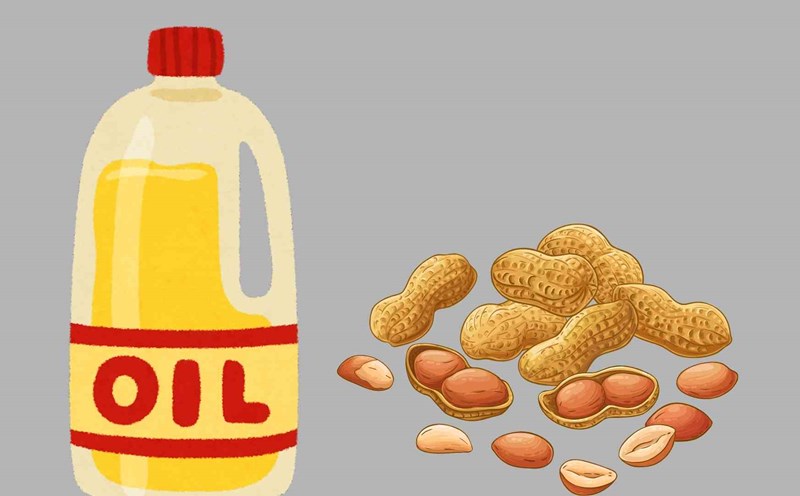Eat carrots regularly: Natural secrets to help lower blood pressure and protect the heart
Carrots are a popular and easy-to-process vegetable, carrots contain many ingredients that help control blood pressure and prevent cardiovascular disease.
According to nutritionist Elizabeth Barnes, RDN at the Center for Comprehensive Health Cleveland (USA): Carrots are rich in beta-carotene, potassium, and fiber - all of which are important factors in stabilizing blood pressure and improving heart health.
Mechanisms to help lower blood pressure
Carrots affect blood pressure in many ways. In one study, people who ate carrots and vegetables four times or more a week had a significantly lower risk of high blood pressure than those who ate only once a month. In particular, carrot juice has shown clear effectiveness: adults with high blood pressure who drink 450ml per day for 90 days have reduced cardiopulmonary blood pressure, one of the two important indicators of blood pressure.
In addition, carrots also contain large amounts of antioxidants such as beta-carotene, alpha-carotene and lycopene, compounds that help protect blood vessel walls and prevent plaque formation in the arteries.
Heart-healthy supplements
An average carrot contains about 4mg of potassium, an electrolyte that helps balance sodium levels in the body and maintain stable blood pressure. Additionally, purple carrots contain anthocyanin and red carrots contain lycopene, both of which are powerful antioxidants, which can lower blood pressure and reduce the risk of heart disease.
The fiber in carrots also helps control blood pressure by improving blood cholesterol levels, especially bad LDL cholesterol and triglycerides. A diet rich in vegetable fiber such as carrots is the foundation of the DASH diet, a diet that has been proven effective in treating high blood pressure.
How much is enough?
Based on a 2,000 calorie diet/day, adults should consume about 2.5 cups of vegetables, equivalent to 2 medium-sized carrots or 1 cup of carrot juice. However, many studies have shown a clear lower blood pressure effect when consuming up to 800g of carrots/day (about 6.4 cups or 40 small carrots). In fact, such a large amount of consumption should mainly be through juice for easier absorption.
Should you worry about eating too much?
The good news is that eating a lot of carrots does not cause serious harm. However, if you consume too much beta-carotene, your skin can turn orange-yellow, a condition called blood carotene. This condition is benign and will disappear when the amount of carrots consumed is reduced.
Conclusion, carrots are not only an easy-to-process dish but also a "natural remedy" for those who want to control blood pressure and protect cardiovascular health. Eating a few tubers a week regularly, or drinking carrot juice a day, can bring long-term benefits without the need for medication.











